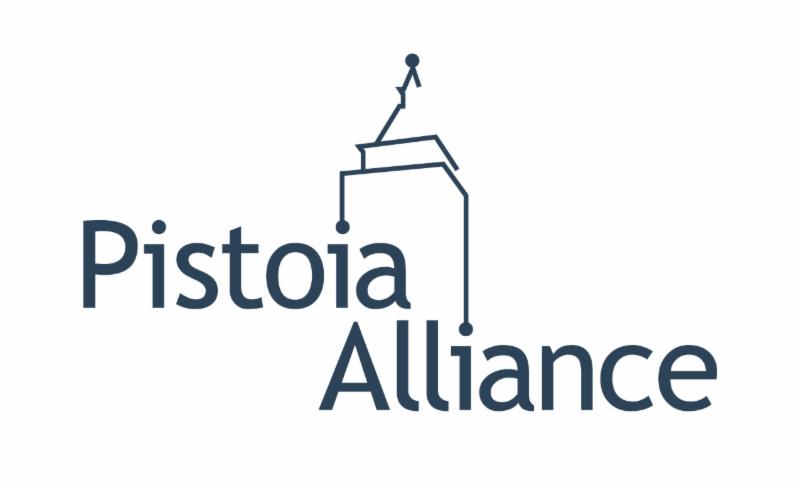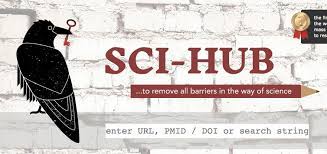 The Pistoia Alliance, a global, not for profit alliance that works to lower barriers to innovation in life sciences R&D, is calling upon the industry to improve collaborative efforts to use patient data to its full effect. In a series of keynote speeches delivered at The Pistoia Alliance’s annual member conference in London, speakers from Amgen, Accenture and AstraZeneca, discussed the need to more closely connect outcomes data with the R&D process – to help pharmaceutical companies focus their research efforts and deliver real benefits to patients. Building machine learning and deep learning systems, and incorporating data from therapeutic interventions or diagnostics into R&D is technologically challenging, and would benefit significantly from industry-wide pre-competitive collaboration...
The Pistoia Alliance, a global, not for profit alliance that works to lower barriers to innovation in life sciences R&D, is calling upon the industry to improve collaborative efforts to use patient data to its full effect. In a series of keynote speeches delivered at The Pistoia Alliance’s annual member conference in London, speakers from Amgen, Accenture and AstraZeneca, discussed the need to more closely connect outcomes data with the R&D process – to help pharmaceutical companies focus their research efforts and deliver real benefits to patients. Building machine learning and deep learning systems, and incorporating data from therapeutic interventions or diagnostics into R&D is technologically challenging, and would benefit significantly from industry-wide pre-competitive collaboration...
Elsevier
See the following -
Re-inventing Academic Publishing: 'Diamond' Open Access Titles That Are Free To Read And Free To Publish
As Techdirt has been reporting, the idea of providing open access to publicly-funded research is steadily gaining ground. One of the key moments occurred almost exactly a year ago, when the British mathematician Tim Gowers announced that he would no longer have anything to do with the major academic publisher Elsevier... Read More »
- Login to post comments
Rewriting The Journal
With faculty balking at the high price of traditional academic journals, can other digital publishing options get traction? Read More »
- Login to post comments
Riled Up By Elsevier’s Take-Downs? Time To Embrace Open Access
The publishing giant Elsevier owns much of the world’s academic knowledge, in the form of article copyright. In the past few weeks it has stepped up enforcement of its property rights, issuing “take-down notices” to Academia.edu, where many researchers post PDFs of their articles. Read More »
- Login to post comments
RIP, Aaron Swartz, And Why Open-Access Matters
Last week, 26-year-old Aaron Swartz hanged himself. Swartz was a champion of open everything: open access code, open access journals, and fought for a utopian version of the internet. In that utopian version of the internet, people have access to information, and freedom of speech trumps SOPA and other draconian copyright laws... Read More »
- Login to post comments
Senator Revising Proposed Research Release Mandate
A state senator who has proposed making the results of publicly funded research more widely available is amending his legislation after receiving pushback from some in academia. Read More »
- Login to post comments
Steal This Research Paper! (You Already Paid for It.)
Before Aaron Swartz became the open-access movement's first martyr, Michael Eisen was blowing up the lucrative scientific publishing industry from within. Read More »
- Login to post comments
Suber: Leader Of A Leaderless Revolution
What is remarkable about the open access (OA) movement is that despite having no formal structure, no official organization, and no appointed leader, it has (in the teeth of opposition from incumbent publishers) triggered a radical transformation in a publishing system that had changed little in 350 years... Read More »
- Login to post comments
That Was The Open Access Week That Was
A round-up of some of the issues that got an airing during Open Access (OA) Week and in the days that followed, including more rumination on the implementation and implications of the RCUK OA policy, more bad (and some good) publisher behaviour, ideas for new directions in OA publishing and, finally, an important African perspective on the rumbling debate. Read More »
- Login to post comments
The Case For Open Access
For most of us, it’s entirely logical that medical practitioners should be familiar with the latest scientific knowledge and evidence-based practices in order to treat ailments. This forms our fundamental basis of trust in medical professionals...But what if you live in sub-Saharan Africa, where the vast majority of medical personnel, as well as scientists, researchers and medical students, remain badly deprived of the latest medical developments? Read More »
- Login to post comments
The Cost of Knowledge: Open Sourcing and the ‘Academic Spring’
Academic publishing in the UK has conventionally been channelled through by a small number of companies who maintain high fees for journal subscriptions. But as open source software continues to provide high quality free alternatives for autodidacts and beyond, the lifespan of this model is increasingly being called into question. Read More »
- Login to post comments
The Fix Isn't In
 By now, you’ve probably heard of Sci-Hub, a collection of millions of articles being gathered through borrowed or stolen library logins, then loaded onto servers abroad for anyone to download. The woman who started it has been called a modern-day Robin Hood. Also, a criminal. There has also been heated debate about why librarians aren’t doing more to back publishers in this fight. After all, these thieves are taking advantage of licensed scholarship that costs libraries billions of dollars annually! Surely we want to stop this rampant theft!
By now, you’ve probably heard of Sci-Hub, a collection of millions of articles being gathered through borrowed or stolen library logins, then loaded onto servers abroad for anyone to download. The woman who started it has been called a modern-day Robin Hood. Also, a criminal. There has also been heated debate about why librarians aren’t doing more to back publishers in this fight. After all, these thieves are taking advantage of licensed scholarship that costs libraries billions of dollars annually! Surely we want to stop this rampant theft!
- Login to post comments
The Guard Dog. Who Keeps Watch For Fraudulent And Predatory Open Access Journals?
The advent of open access (OA) publishing has lead to a proliferation of journals which offer a peer reviewed publication venue for a nominal charge...
- Login to post comments
The Pistoia Alliance Calls on the Life Sciences to Support Greater Collaboration to Overcome Technology Challenges
- Login to post comments
Tutorial 19b: Open Access Definitions And Clarifications, Part 2: Gold And Green
Last time, we looked at what the term “open access” actually means. We noted that its been widely abused, so that when you need to be specific about the full meaning you need to say “BOAI-compliant”; we recognised that much of what is described as OA is really only “gratis OA”, or as Ross Mounce called it, “gratis access”; and we noted that the term “libre open access” is literally meaningless and should be avoided. Read More »
- Login to post comments
U.S. Rep. Kevin Yoder Touts Bill That Would Make Research More Available During Kansas U Visit
If taxpayers help fund scholarly research, U.S. Rep. Kevin Yoder said Wednesday, then it ought to be free and available for anyone to see. Read More »
- Login to post comments